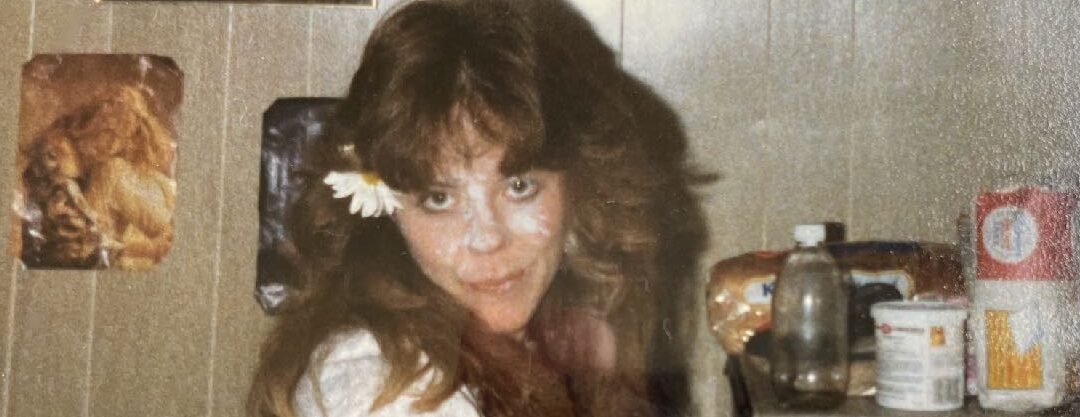What Do You Do At Home All Day?
In addition to substitute teaching, I teach kids who are temporarily not able to attend public school.
The program is formerly known as “Home and Hospital Teaching.” Because I prefer to teach younger kids, I teach a lot of sick elementary school children. Once in awhile, though, I branch out and teach someone who’s a little older.
Recently, I chose to teach a child in 8th grade. Shane’s in 8th grade, so that seemed like something I could handle.
The paperwork said my 8th grade student had “severe school anxiety.” He had abruptly left school in mid-7th-grade. Nearly a year later, my job was to sit with him for an hour a week, inside the school, to get him re-acclimated. I was also supposed to give him work from the 8th grade curriculum.
So I did. I met with him several times, in the school environment, along with his mother.
As we walked through the halls, he would yell to his friends, “Hey, Bobby! How ya doin’?” and “What’s up?” and “Yo! How’s it goin’?”
Hm. This did not look like a student with “severe school anxiety.”
Then, when we’d get situated in our private room in the back of the library, this student refused to do any work. I tried a multitude of different tactics: easy worksheets, simple assignments, more complex assignments….
“I can’t understand this,” he would say without looking at it.
“Can you just read the paper out loud?” I would say. “Then I will know what parts are confusing to you.”
“No,” he said. “That won’t help.”
I examined all the possibilities. His reading levels were exceptional. His testing scores were good. He had no learning disabilities at all. He found math to be easy.
He just didn’t like work.
I tried to keep him going through one simple assignment: “Pick a book,” I said. “Any book will do. I just want you to let me know the name of your book by next week.”
And the following week, he claimed that he couldn’t think of anything he’d want to read.
“I went to the library for him,” his mother said. “But without him, I didn’t know what to get!”
A light bulb went on in my head.
“You went without him to the library?” I asked.
“Yes,” she said. “He just didn’t want to go.”
So I asked my student, point-blank, during one of our useless sessions: “What do you do at home all day?”
“Mostly I just watch videos and chat with my friends and stuff,” he said.
“Aren’t your friends at school?”
“Yeah,” he said. “But they come over when school is over and we just play video games and stuff.”
His mother allows him to do whatever he wants, I thought. There are no consequences at home for his refusal to do school work. In fact, she lets him stay home all day, every day, and do whatever he wants, seven days a week.
“It’s a struggle,” she told me. “He just doesn’t want to do anything.”
So my student did no work. He didn’t pick out a book, or turn a page, or read aloud, or write an answer to a single question.
This went on for three months.
Finally, after hearing from his other teachers, for whom he also did no work, and after several in-school meetings with parents and administrators, the student was dropped from the program, and did not plan to return to public school.
I can only imagine what he will do with his life.
